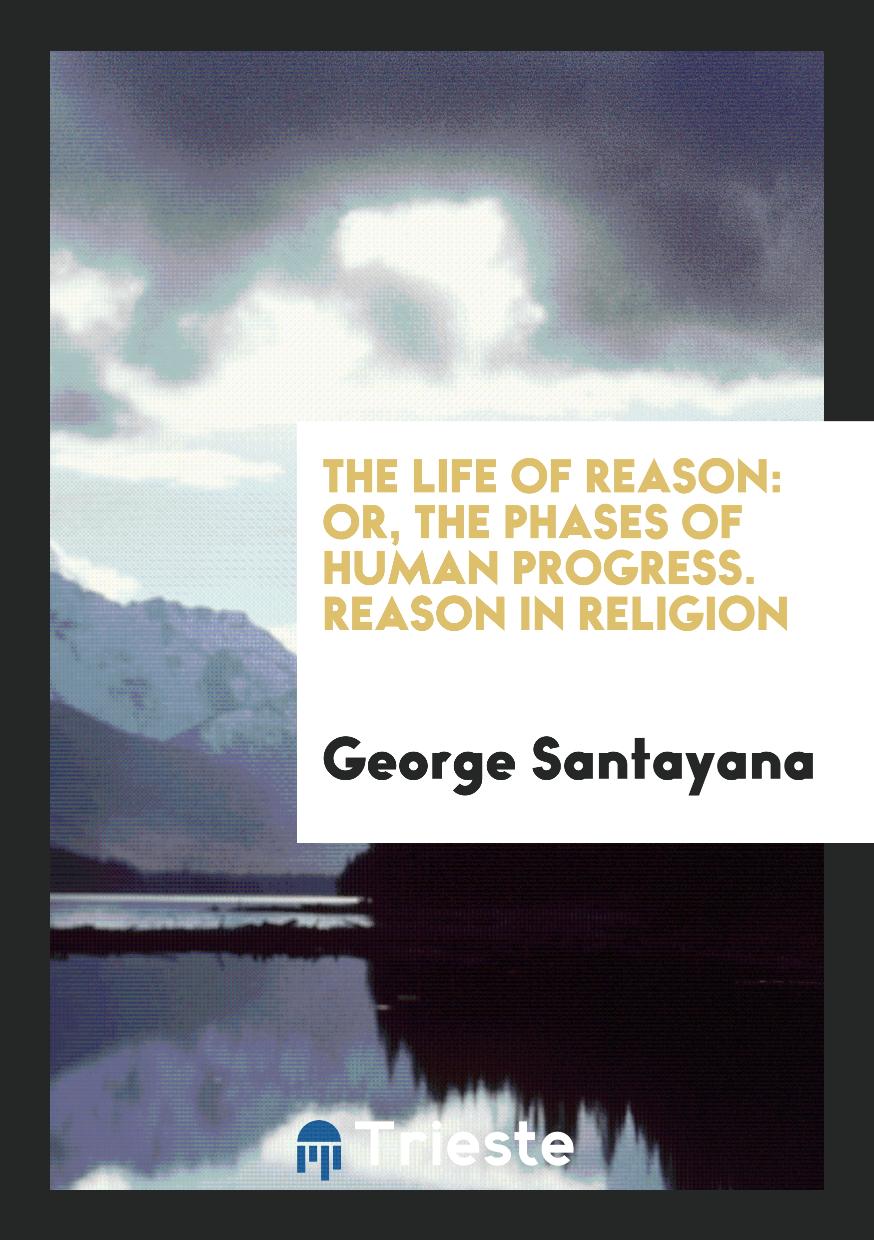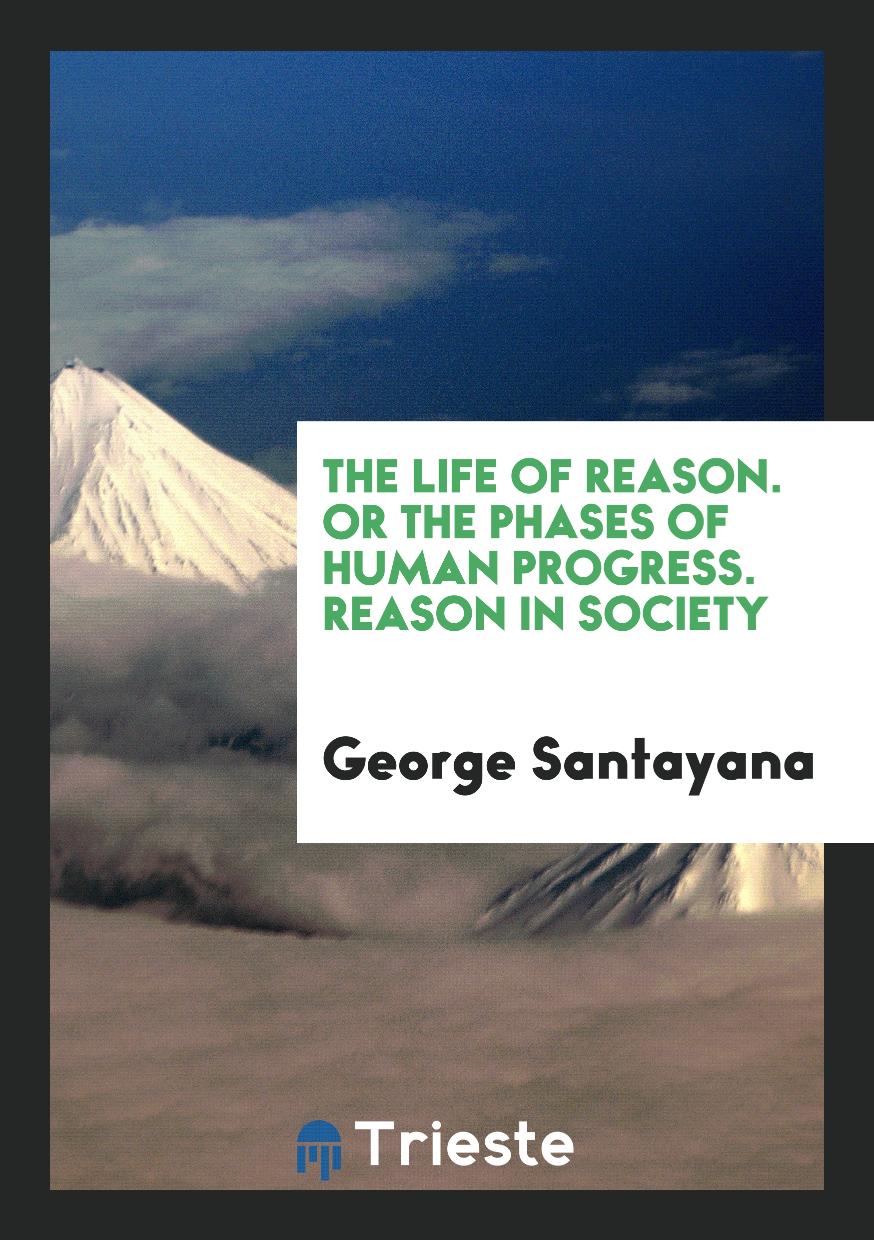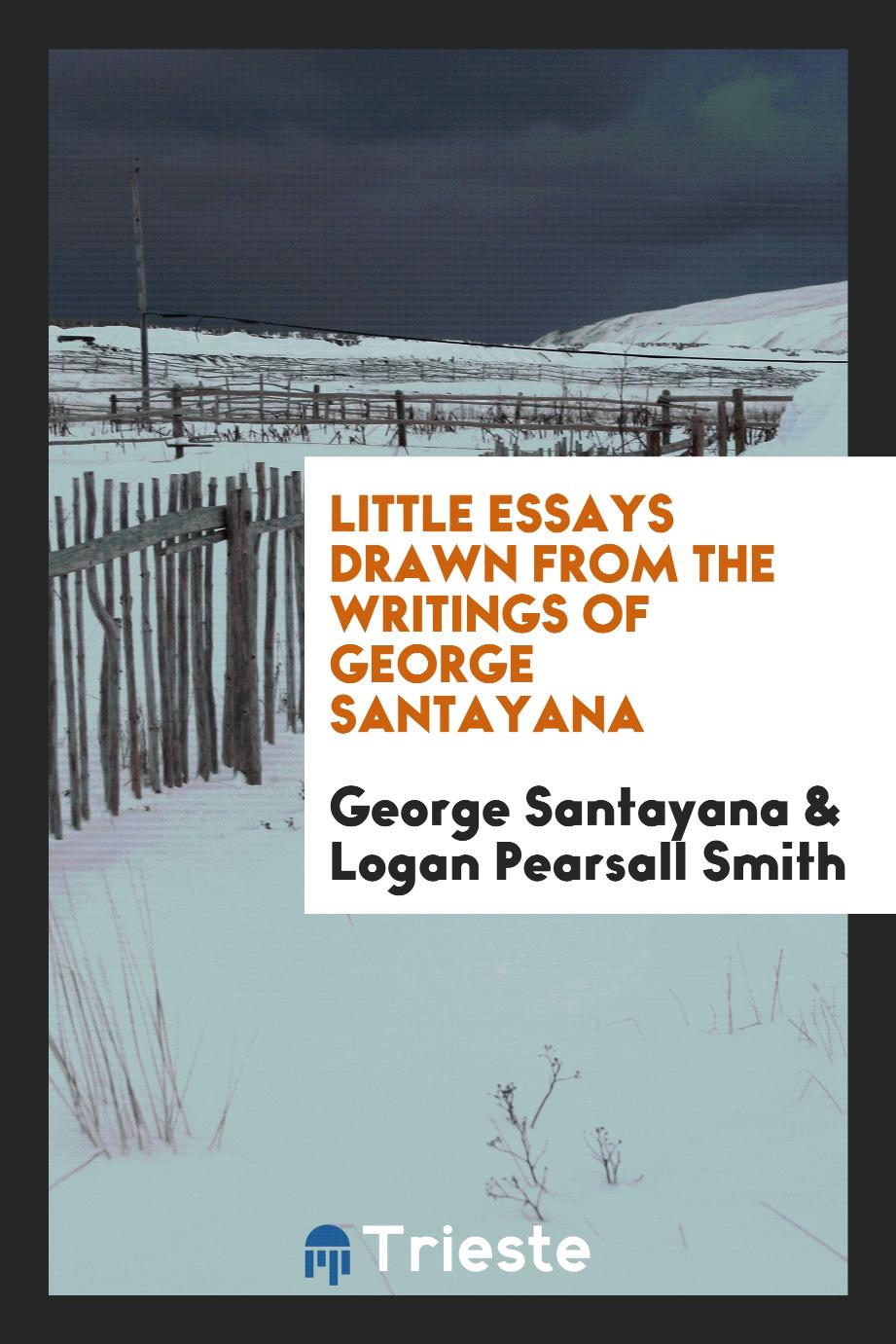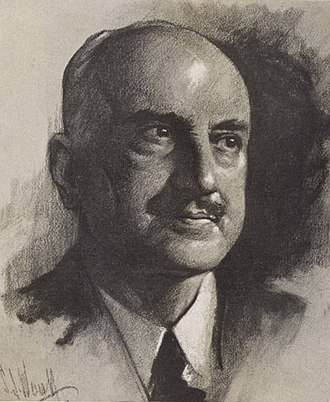
George Santayana
Jorge Agustin Nicholas Ruiz de Santayana and Borras, known in English as George Santayana (December 16, 1863 - September 26, 1952), was a philosopher, essayist, poet, and novelist. Originally from Spain, Santayana grew up and was educated in the United States from the age of eight and called herself an American, although he always had a valid Spanish passport. He wrote in English and is generally considered an American writer. At the age of forty-eight, Santayana left his post at Harvard and returned to Europe forever. Santayana is widely known for her aphorisms, such as “Those who cannot remember the past are doomed to repeat it”, “Only the dead saw the end of the war” and the definition of beauty as “objectified pleasure”. Although he was an atheist, he appreciated the Spanish Catholic values, customs, and worldview in which he grew up. Santayana was an extensive cultural critic, encompassing many disciplines. He was deeply influenced by Spinoza's life and thoughts; and in many ways, he was a devoted Spinozist. Santayana was born on December 16, 1863, in Madrid and spent her early childhood in Avila, Spain. His mother, Josephine Borras, was the daughter of a Spanish official in the Philippines, and he was the only child from her second marriage. Josephine Borra's first husband was George Sturgis, a Boston merchant who had five children, two of whom died in infancy. She lived in Boston for several years after the death of her husband in 1857, but in 1861 she moved to live with her three surviving children. There she met Agustin Ruiz de Santayana, a longtime friend of her years in the Philippines. They got married in 1862. Ruiz de Santayana, a colonial civil servant, was also an artist and a minor intellectual. The family lived in Madrid and Avila. In 1869, Josephine Borras de Santayana returned to Boston with her three children, Sturgis, because she promised her first husband to raise children in the United States. She left the six-year-old Jorge with his father in Spain. Jorge and his father followed her to Boston in 1872. However, his father, finding neither Boston nor his wife’s attitude toward his sympathies, soon returned alone to Avila and remained there until the end of his life. Jorge did not see him again until he entered Harvard College and began spending summer vacations in Spain. Once during this period, the name of Jorge was called English as George.


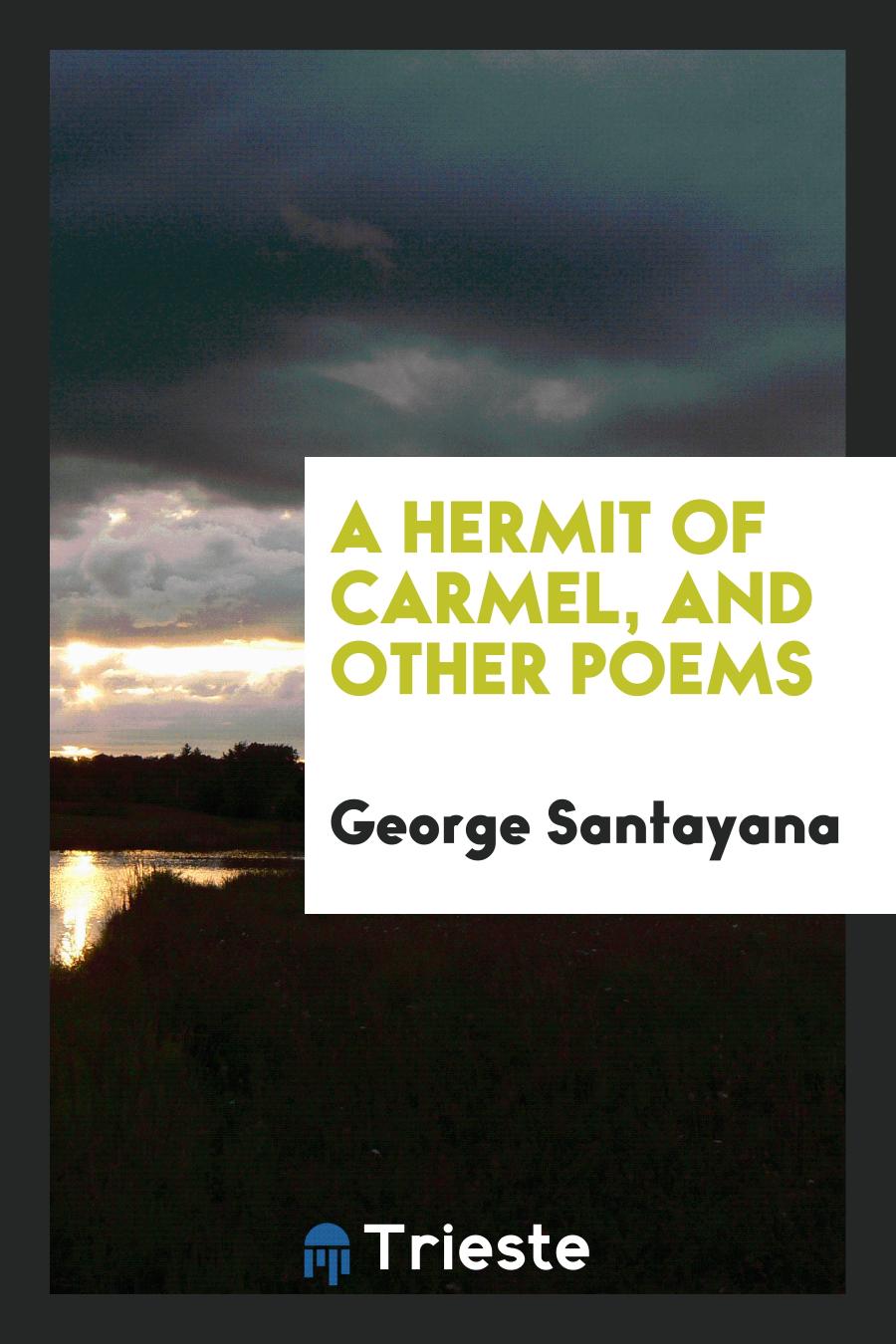
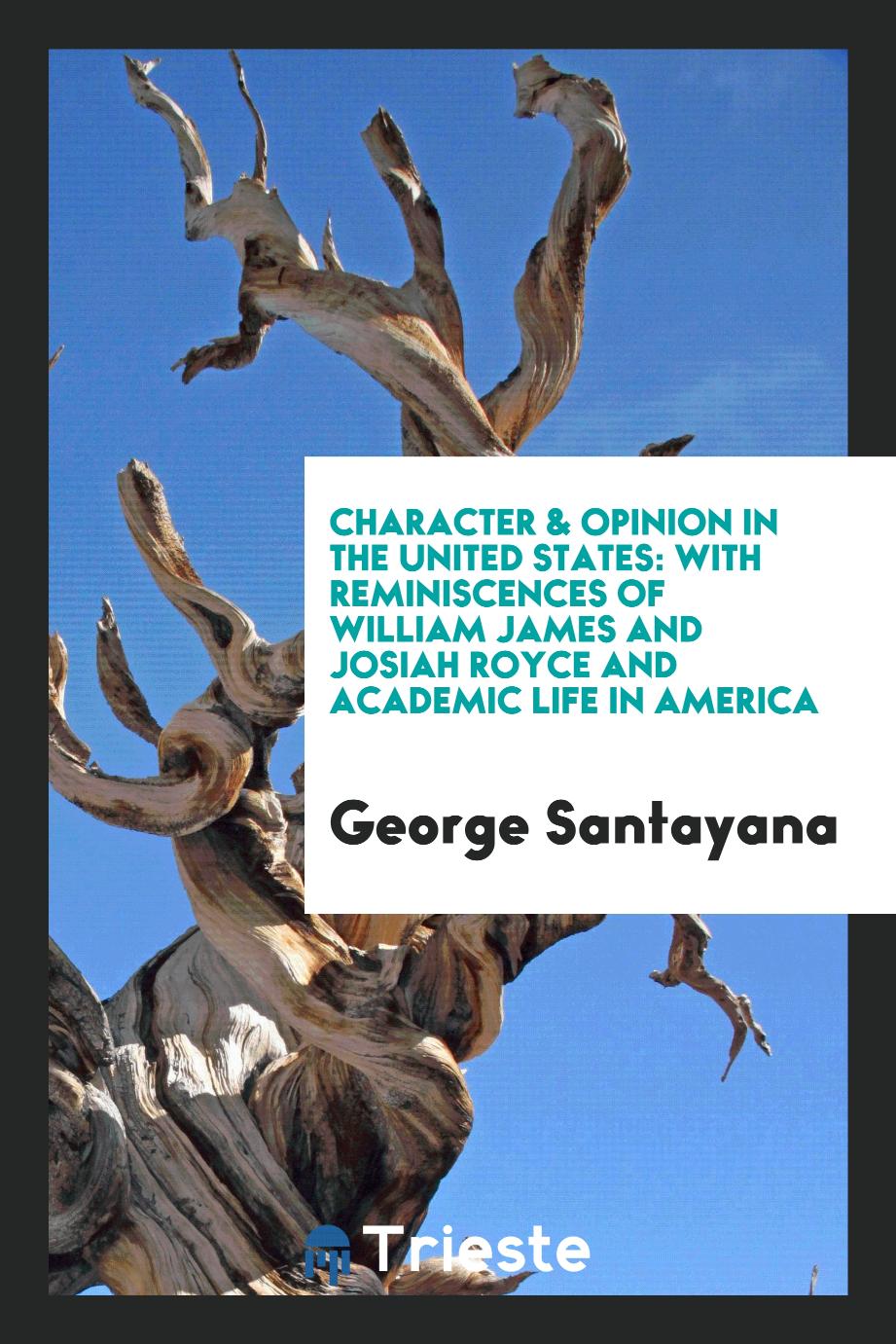
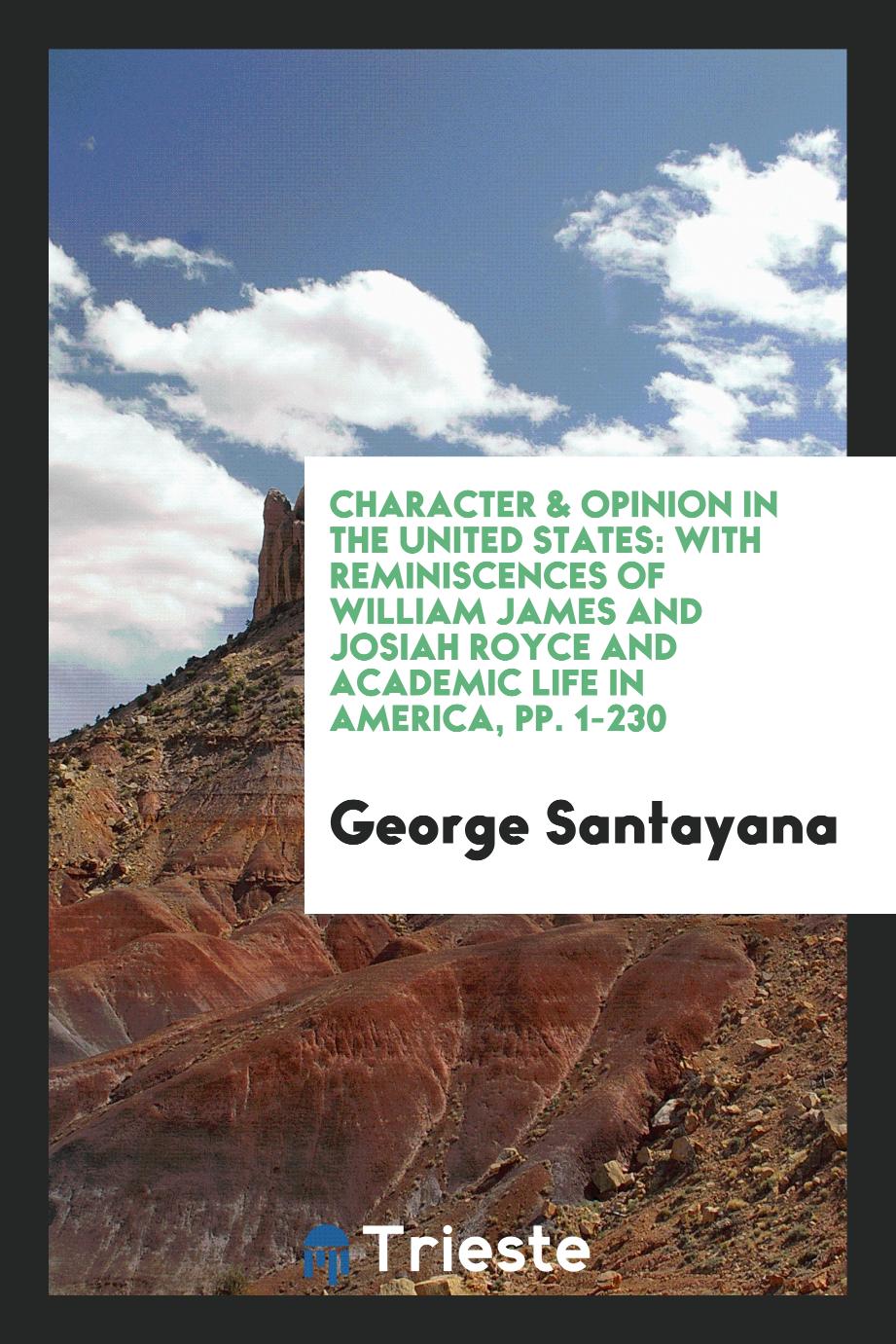
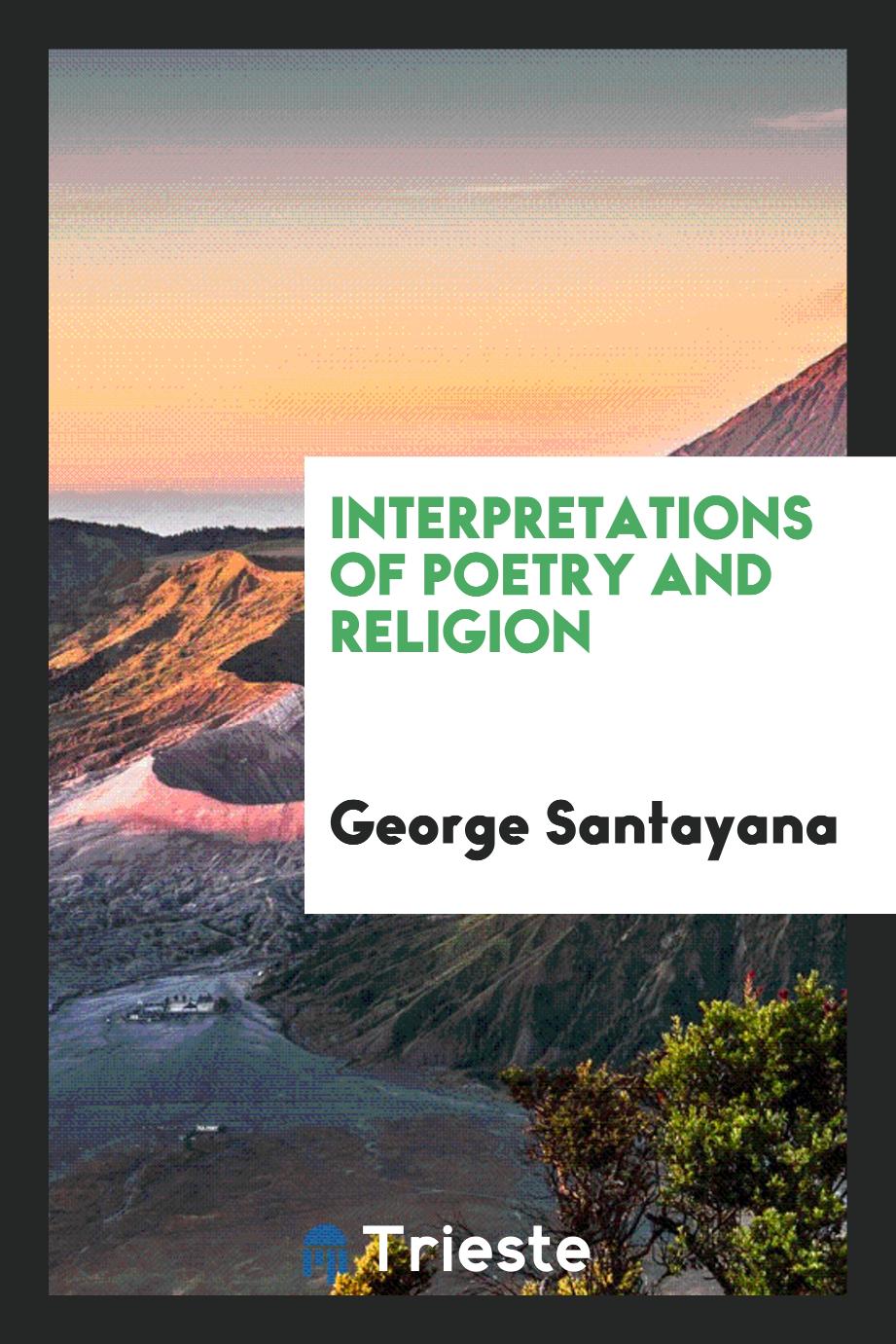
![The Life of Reason; Or, The Phases of Human Progress. Reason in Religion. [New York-1921]](/uploads/books/590/9780649634590.png)
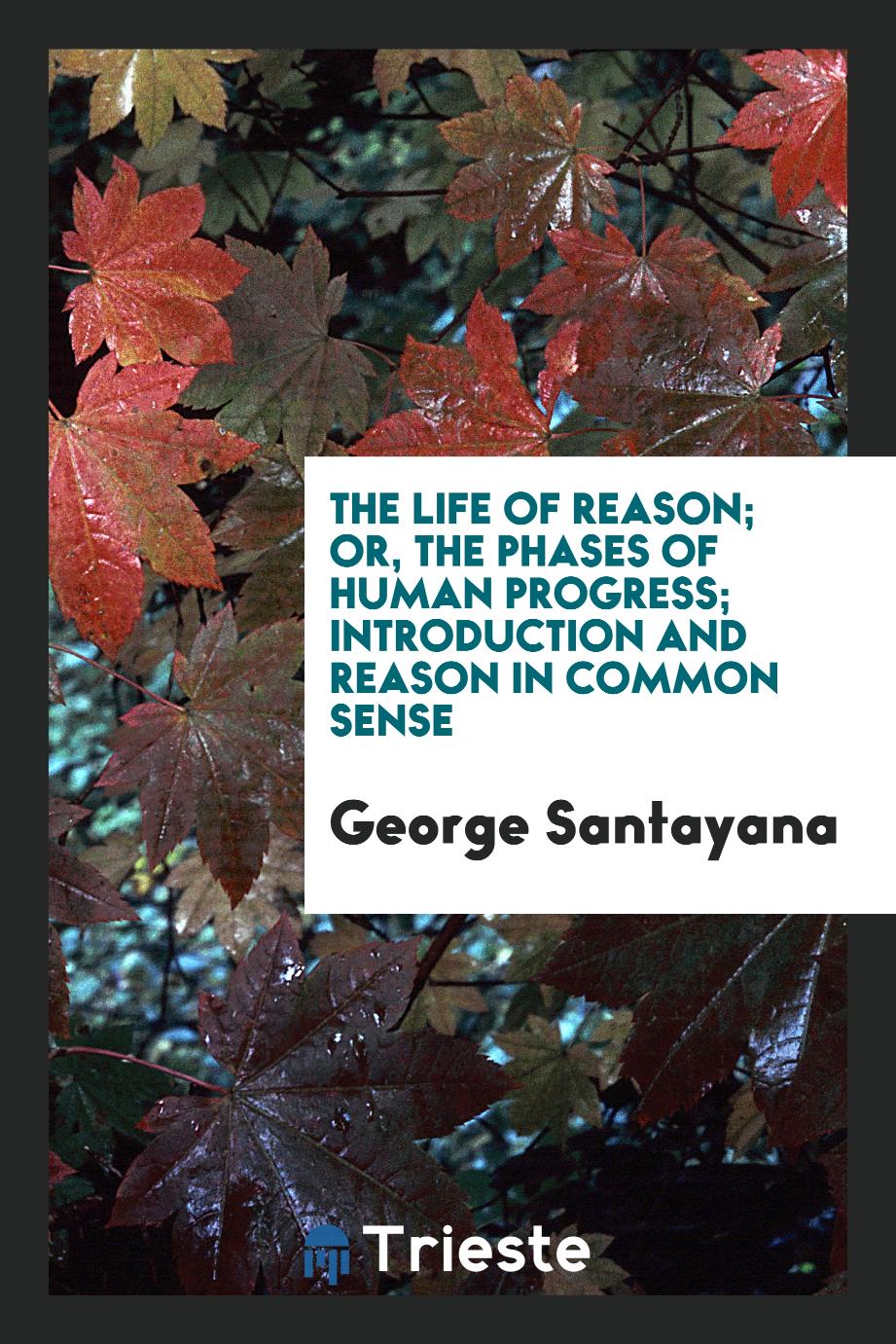
![The Life of Reason; Or, The Phases of Human Progress. Reason in Sense. [1921]](/uploads/books/613/9780649634613.png)
